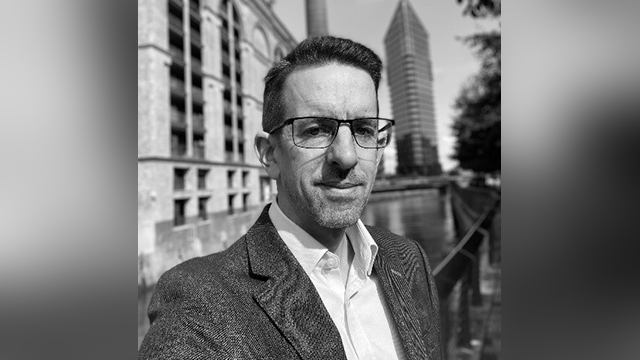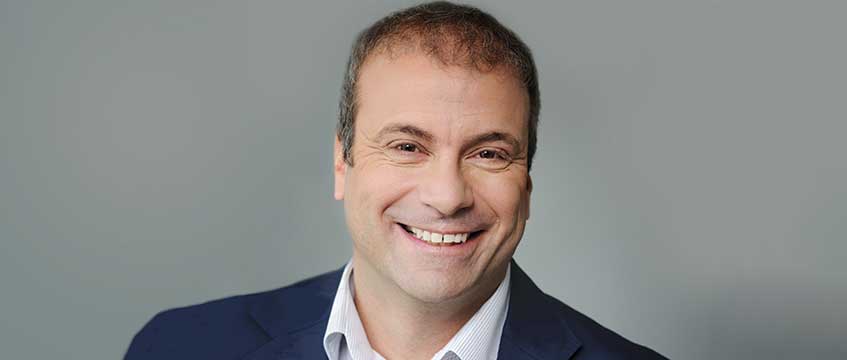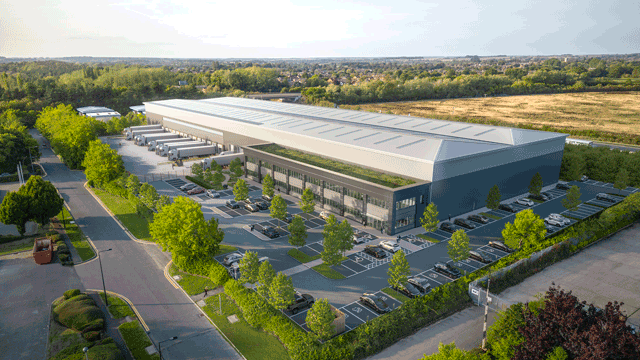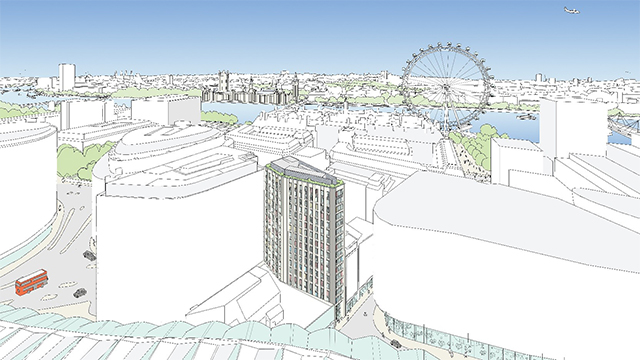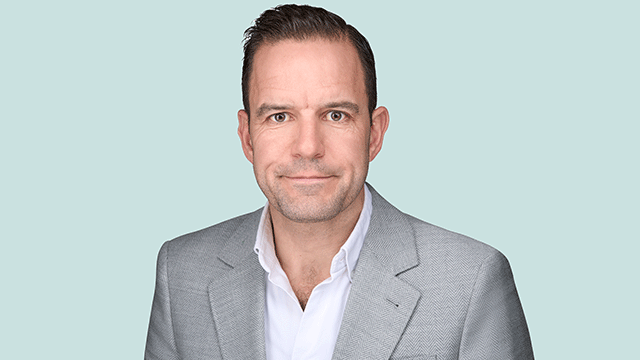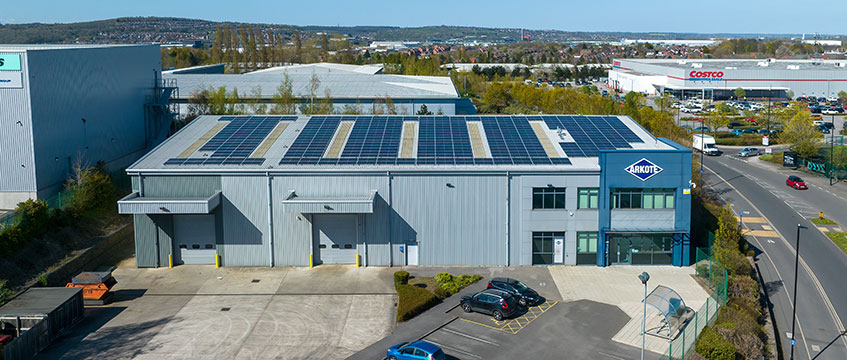Much of the world became Karim Habra’s stage when he joined Ivanhoé Cambridge as head of Europe in July 2018 to help drive the property investor’s international growth. Even more was added when he also took on the leadership of its Asia Pacific operations last September.
Habra, who was an actor before he embarked on his career in real estate in 1998, oversaw the set-up of new offices and teams in Berlin and London last year as part of Ivanhoé Cambridge’s expansion plans. Now, as the Covid-19 pandemic hits markets hard, Paris-based Habra and his colleagues are being forced to improvise a little.
As the real estate subsidiary of Canadian institutional fund manager Caisse de dépôt et placement du Québec, Ivanhoé Cambridge is predominantly tasked with delivering long-term income returns for Canada’s pensioners from its CA$64bn (£36.2bn), 1,000-plus property portfolio. But the near-term focus during the crisis has changed, with the spotlight on asset management rather than fresh investment.
“The main issue is making sure we collect payments wherever it makes sense to collect payments,” says Habra. “In some cases, of course we give rent relief to help our tenants. But on the other hand, [for] businesses that continue to run we want to make sure we collect the rent.
“The other challenge is making sure our construction sites are not slowing down too much and we have all the health and safety measures in place to continue to operate. It is one of the key challenges we have at the moment.
“In general, the objective is to preserve capital and make sure we preserve the performance and the value of the assets.”
When it comes to the languishing transactional market, Habra says: “We will have to wait and see how the market is going to reshape. Most of the deals we were working on are still looking good today in terms of what we really want to be investing in the future, so that’s a positive. Some deals, of course, are being put on hold, given that we can’t really advance on our due diligence.”
Covid-19 versus the crash
Ivanhoé Cambridge has typically worked on build-to-core strategies, investing in deals that could generate cash from day one as well as taking positions on long-term developments. Once the Covid-19 crisis passes, there could be a chance to broaden that focus.
“Going forward we will continue to invest in good-value creation deals, but I think there’s going to probably be opportunities to invest in more core or core-plus and access some potentially higher returns than we saw before the crisis,” Habra says. “I think we’re going to have more choice.”
He adds: “There will probably be a repricing but it’s not going to last for too long… The reality is that until the crisis there was little differentiation on the pricing between class A and class B, between core and core-plus or value-add. I think that spread on pricing will be a bit bigger now and the risk will probably be priced differently, especially the B risk – but it’s too early to tell how big this adjustment will be.
“The reality is that because there is so much liquidity, deals won’t happen if there is any big mismatch between sellers and buyers, and I don’t think we’ll see a lot of distress.”
Habra, who started his real estate career with GE Capital Real Estate, was at JER Partners as managing director of its European funds during the global financial crisis. One difference between that period and the Covid-19 crisis, he says, is that the market has experienced less panic now – perhaps as a result of lessons learned more than a decade ago.
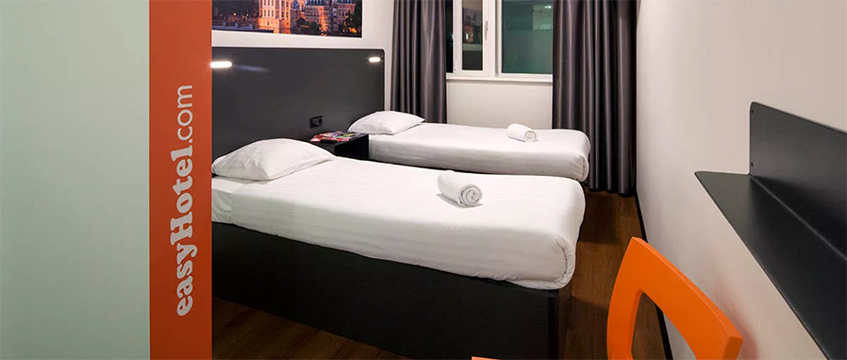
“People are really making sure they do the right thing,” he says. “Maybe thatʼs because the 2008/2009 crisis is not so old, so lots of people have gone through these times and they’ve learned how to handle things. Of course, this crisis is different – this is a health crisis – but it will still have a very direct impact on the economy.
“But some of the behaviours are quite similar and I have to say the lessons learned from 2008 and 2009 have helped people be more thoughtful. There is less of a panic from what I see and this is true for us, obviously, but also our global partners and market players we are speaking with.”
Crucial steps
Last year, Ivanhoé Cambridge’s global portfolio posted a -2.7% return, compared to a benchmark index of 1.4% and the 7.8% return posted in 2018. The company pinned the fall on its exposure to the Canadian shopping centre sector and, to a lesser extent, falling valuations for New York’s residential property due to increased rent control regulations, as well as long-term debt revaluation.
Over five years the portfolio has posted an annualised return of 7.2% and generated investment results of CA$10.2bn in line with depositors’ long-term expectations, albeit still below the benchmark index of 8.8%.
Prior to the outbreak of Covid-19, Habra and his teams were working on increasing the heavily North American-focused company’s exposure to Europe and Asia.
Canada and the US make up 31% and 42% respectively of Ivanhoé Cambridge’s portfolio, while the Asia Pacific region accounts for about 7% and Europe 15%. By autumn of last year, the UK accounted for more than £2bn of its European investments, most of which are in the logistics, office and residential sectors.
Habra shies from giving targets for how large he wants the European or Asia Pacific contributions to the group to be: “We just know it should be higher,” he says, pointing to the new European offices as crucial steps in the journey in “key places you can’t ignore”.
“To maximise performance there are markets you need to be present in locally,” he says. “We’ve been investing via partners, but if you want to invest directly you need to have a presence.”
And during the coronavirus lockdowns, the international offices have proved their worth even more, he adds. “We cannot travel, but we have people locally on the ground who can handle the issues that we’re having, the assets that we own and are closer to our tenants and partners.”
Ivanhoé Cambridge also has offices in the Asia Pacific region, including Hong Kong, Mumbai, Singapore and Shanghai, but the business currently only invests in the region via partners.
Neighbourhoods of tomorrow
As well as diversifying geographically, the firm also aims to grow its exposure to sectors such as logistics, which currently makes up around 13% of assets held by the business, compared to 22% for retail. Residential is also in Habra’s sights, currently accounting for about 15% of the global portfolio.
Offices, which make up close to a quarter of the overall portfolio, will continue to be a key asset for the business as it expands overseas.
“In Asia we don’t have much exposure [in offices] and we’d like to invest more and, in particular, increase our exposure in Japan,” Habra says. “In Europe we have a strong presence [in offices] in France and the UK but are under-exposed to Germany, so it is a top priority to increase our exposure in this market.”
Acquiring more operating platforms is not off the table either. Ivanhoé Cambridge participated in the acquisition of four last year, including budget hotel chain EasyHotel in the UK, alongside the ICAMAP Fund.
Across all sectors, Habra says social impact investing is now more important than ever before.
“When we invest in real estate the key impact for us is long-term performance and will it have an impact on the local community,” he says.
“Having a social responsibility when we invest in real estate is key. What we have found out is that if you don’t do it you will compromise your long-term performance – and we are a long-term investor.”
Last year the firm became the cornerstone investor in Icawood, a French fund that aims to develop between 2m sq ft and 3m sq ft of low-carbon offices in Paris by 2028, using technologies such as cross-laminated timber.
Habra adds: “We invest in established markets but also emerging areas in the most prosperous cities – what we call the neighbourhoods of tomorrow – and the smart city concepts are key for when we make an investment decision. It will become more and more relevant going forward.”
For now, Habra will consider those neighbourhoods of tomorrow from home. He is missing watching sport on TV and getting out to the theatre – but there is plenty to keep him busy as he steers his teams through the rapidly evolving fallout of the pandemic. Looking much further ahead is challenging, he admits: “The things you say today could be wrong tomorrow.” But after all, every good script goes through a little reworking.
To send feedback, e-mail louise.dransfield@egi.co.uk or tweet @DransfieldL or @estatesgazette





